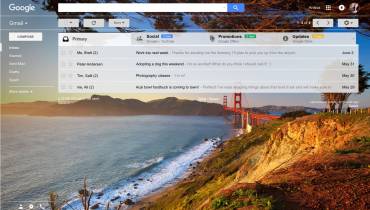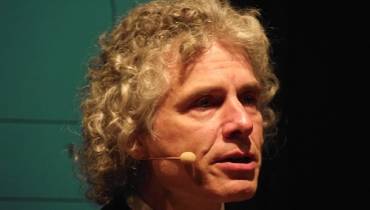Loaded Words: Why WSJ Limited Use of the Phrase “Majority Muslim” Country

The Wall Street Journal (WSJ) editor-in-chief Gerard Baker recently defended his contentious decision to instruct the paper’s editors to not exclusively refer to the countries that are part of President Donald Trump’s immigration travel ban as “majority-Muslim.”
Speaking at a Harvard University event on the state of journalism, Baker said that he wanted to make sure that the phrase was used in proper context.
“I am an absolute stickler in all of our coverage for precision in language because, as you say, words are loaded. They have political meanings, they have cultural meanings, and they have identities that go beyond simple words,” the editor-in-chief (EIC) said.
Baker made it clear that he was not banning the use of “majority Muslim countries" on WSJ coverage, but that he wanted to make sure the words weren’t the only description of the countries involved.
“So it wasn’t about not using that term. It was about making sure that that term was being put in context, and it was understood — and this phrase Muslim ban has been thrown around — it’s not a Muslim ban,” he explained. “There are, I think, 49 majority Muslim countries in the world. Seven were identified in this.”
Watch the video below showing Baker’s (and his colleague’s) responses to questions from Nieman curator Ann Marie Lipinski on the decision to limit use of ‘majority Muslim,’ as well as earlier decisions instructing his newspaper not refer to statements from the Trump administration as “lies,” even if they are false:
Was Limiting ‘Majority Muslim’ Justified?
Baker’s actions limiting the use of the contentious words in coverage of Trump's travel ban have particularly been called into question.
Journalists at WSJ were among the first to argue amongst themselves about the appropriateness of the directive. One anonymous Journal source responded to the directive, saying that "For the EIC of a major American paper to go out of his way to whitewash this is unconscionable."
Huffington Post editor-in-chief Lydia Polgreen, who was also on the panel with Baker, challenged Baker on WSJ’s use of the phrase, noting that the issue surrounding using the words is really about power:
“The administration is setting the terms, and setting the language with which we’re talking about a highly, highly contentious, unorthodox issue that is deeply emotive, and gets right to the core of our identity as a country.”
According to Polgreen, the problem is that continued usage of words given by the powers that be, especially on mainstream papers such as WSJ, may give prominence to certain nuances in the minds of readers that the powers perhaps want to communicate.
“For me what it comes down to is, am I taking my facts and ordering them and prioritizing them based on who’s in power at the particular moment. Or am I stepping back as a journalist and thinking about this in the context of our country’s history, our country’s traditions, and our fundamental values,” questioned Polgreen. “And I think that’s our job as journalists — not to accept the language that’s given to us by power, but to interrogate it at every turn.
Question Language Used, Interrogate Nuances of Words at Every Turn
The advice from both Polgreen and Baker to interrogate words at every turn couldn’t have come at a more opportune time as an operating principle for digital journalists, bloggers and authors, considering that we are now living in a post-truth era where “alternative facts” are now a thing.
In an email limiting the phrase "seven majority Muslim countries" sent to top editors at the Journal, Baker said the contentious phrase was “very loaded.” The email was first reported by BuzzFeed News.
“The reason they’ve been chosen is not because they’re majority Muslim,” wrote Baker to justify this decision, “but because they’re on the list of countries Obama identified as countries of concern.”
See Also: Trump May Reverse Net Neutrality Rules, Online Entrepreneurs “Freaking Out.”




















